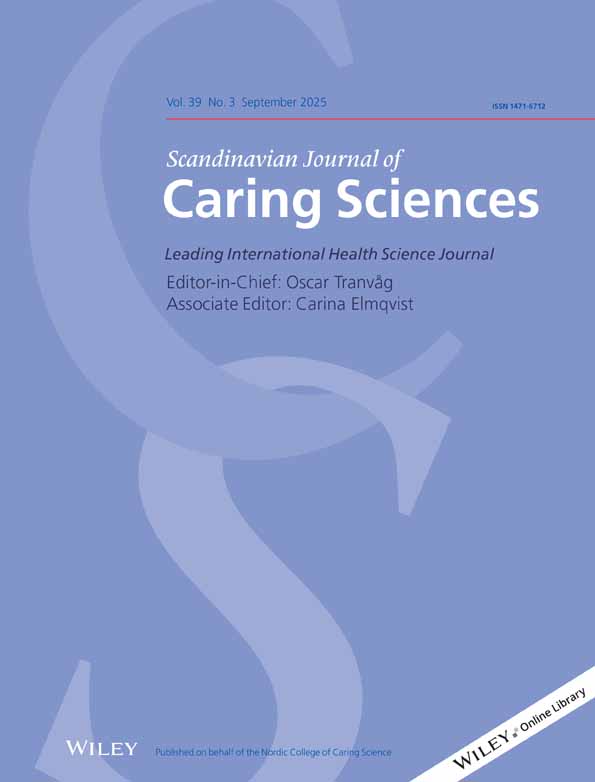Professional Skills and Frame of Work Organization in Managing Borderline Personality Disorder
Shared Philosophy or Ambivalence—A Qualitative Study from the View of Caregivers
Abstract
Caregivers' experiences and beliefs of working with borderline personality disorder (BPD) in a psychiatric organization were investigated using a qualitative analysis of 29 in-depth interviews. The analysis identified eight characteristics, which were organized in two core concepts. The first of these core concepts, professional skills of mental health work, comprised the categories of empathy for persons with BPD, interest in treating the disorder, feelings of professional frustration and need for a common outlook. The second core concept, frame of work organization, that is categories common to the organization, included ambivalence between the professions of the caregivers, the need for structure in organizing the work, forms of emotional support to the caregivers and the need for a shared philosophy of care. A tentative model was proposed to illustrate the effects of these factors on the type and outcome of work that interact with the care of the patient. It is concluded that ambivalence in the division of labour may be a critical hindrance to the development of cooperation in the care of BPD patients. It is suggested that a shared common philosophy will support corresponding ethical standards by individual practitioners for the benefit of patient outcome.




